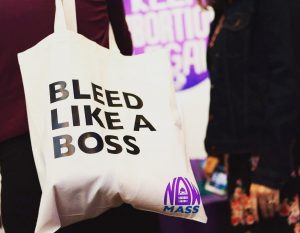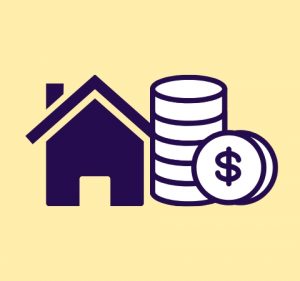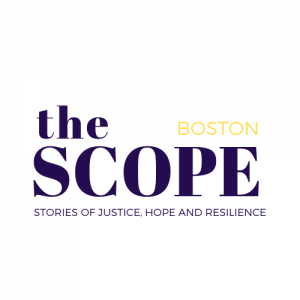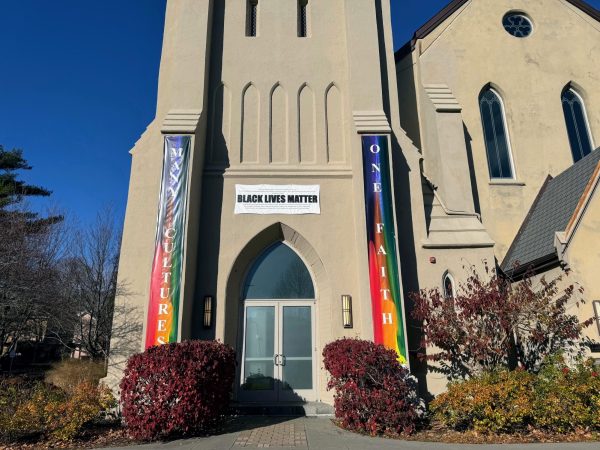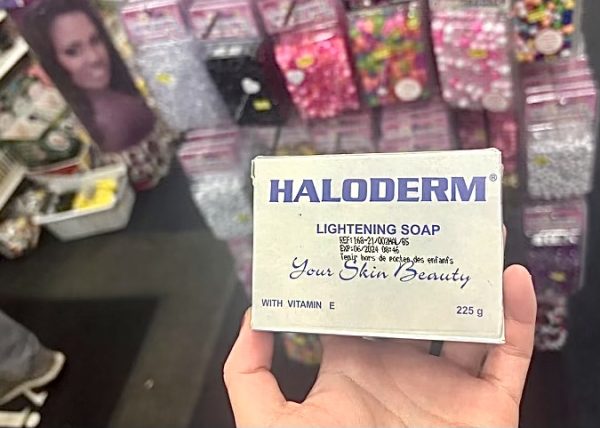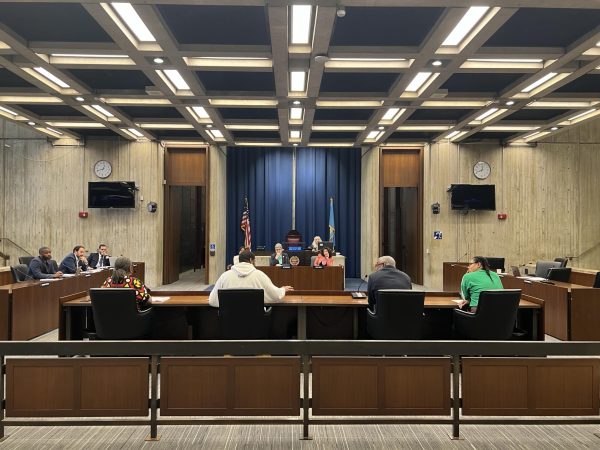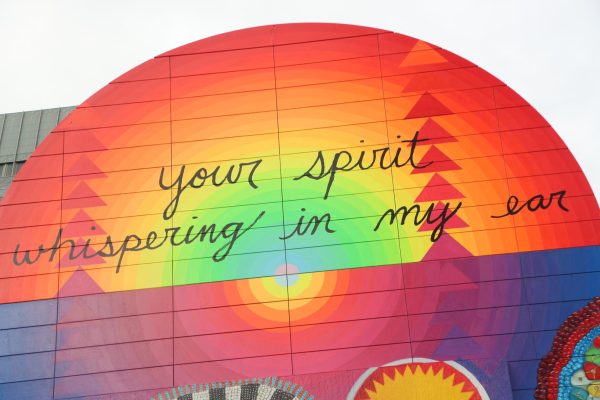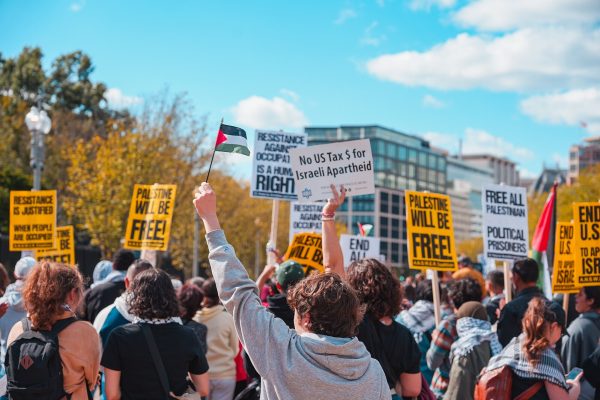Caring for women experiencing homelessness during COVID-19
Women are among the most vulnerable subgroups of the homeless population. They are at high risk for physical and sexual assault, addiction as well as physical and mental illnesses. The pandemic has further aggravated their struggles as they continue to experience violence while shying away from emergency rooms due to fear of contracting the virus.
To address the dangers of homelessness for women and the challenges of caring for patients with histories of trauma and discuss future plans to expand health care services for women experiencing homelessness, Melinda Thomas, the associate medical director of the Boston Health Care for the Homeless Program (BHCHP) last week hosted an event titled “Caring for our Most Vulnerable Patients: Women” via Zoom.
Pre-pandemic, the BHCHP was running HER Saturday, a women only weekly health clinic that offers medical walk-in visits, case management, behavioral health assistance, movies, crafts and more importantly, a place to relax and chat. “The women we serve have experienced more trauma than the general population, these spaces help them feel free away from men,” said Thomas. “It also gives us an opportunity to establish a connection with our patients using specially trained staff.”
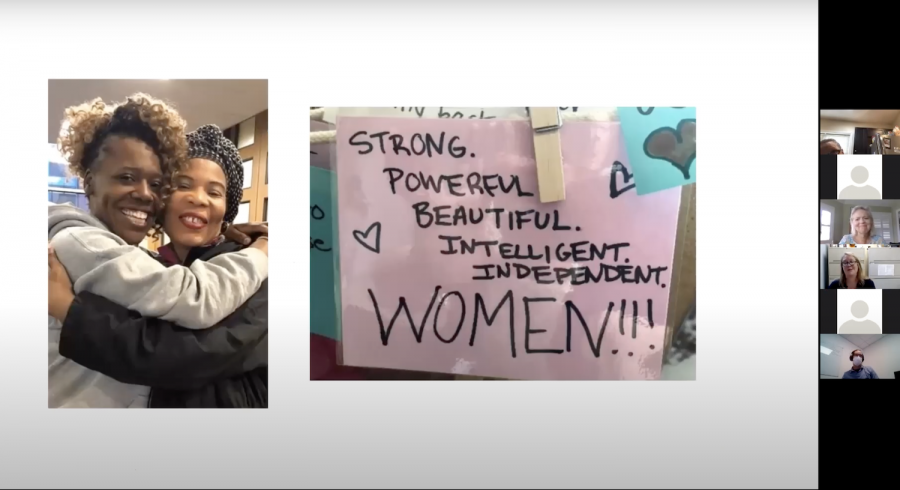
The BHCHP also operates other women only clinics including the Woods Mullen Shelter Clinic, Pine Street Inn Women’s Clinic, Rosie’s Place, Women’s Lunch Place, St. Anthony Shrine.
Besides the clinics, the BHCHP also created resources to protect women and get them to share their experiences. One such resource is the “Bad Date” reporting form, which is a discrete form women can fill in when they encounter someone on a date where the encounter lead to sexual violence.
The information gathered from the forms, Thomas said, are then compiled into a spreadsheet so women can learn from others’ experiences and avoid the perpetrators. “it’s just an underground way to try to avoid some of the worst things that can happen to you when you’re out there,” she said.
As HER Saturday and other women’s programming has been temporarily closed during the COVID-19 pandemic, prompting many of their patients to go back to the streets and face issues including sexual violence, Thomas discussed future plans to expand BHCHP health care services for women experiencing homelessness, focusing on women with addiction who practice ‘survival sex,’ as they are among the most at-risk patients.
“Survival sex is having sex for the reason to fill a basic need, whether it’s food, money, safety and sometimes money for drugs,” Thomas said. “But it is sex for the purpose of surviving on the streets, sometimes it is really purely for survival because if you don’t have it, you’re at risk for danger and repercussions from some of the folks out there.
While getting used to the new era of COVID-19, Thomas discussed their plans to continue helping women on the street by starting with the expanding of their services by collaborating with other organizations by reviewing potential programmings, obtaining extra funding for expanding the staffing of the organization and providing adequate training to met the needs of the women that come to the center.
Thomas said the BHCHP has identified a number of gaps in meeting the needs of this population in its services. She said, for example, the staff wasn’t trained properly in the unique needs of the population, the facilities weren’t open at critical nighttime hours and there are not enough safe women only drop-in spaces. “We need to expand our programming; we need to train our staff and we need to develop, with the help of our partners, some low threshold safe spaces for women.”
Next year, she said, two BHCHP facilities, Woods Mullen and St. Anthony Shrine will undergo construction to expand services. There will be more street outreach and more presence in low threshold drop-in spaces in Boston which she called the Engagement Center or comfort stations. The organization will also plan on how to restart HER Saturday during COVID-19 and regroup the Homeless Women Task force.
“Honestly, there’s many things that people can do but what I would say is just ask what you can do to help, it goes a long way,” said Thomas. “We work with a very resilient population. We just need to stay the course.”


